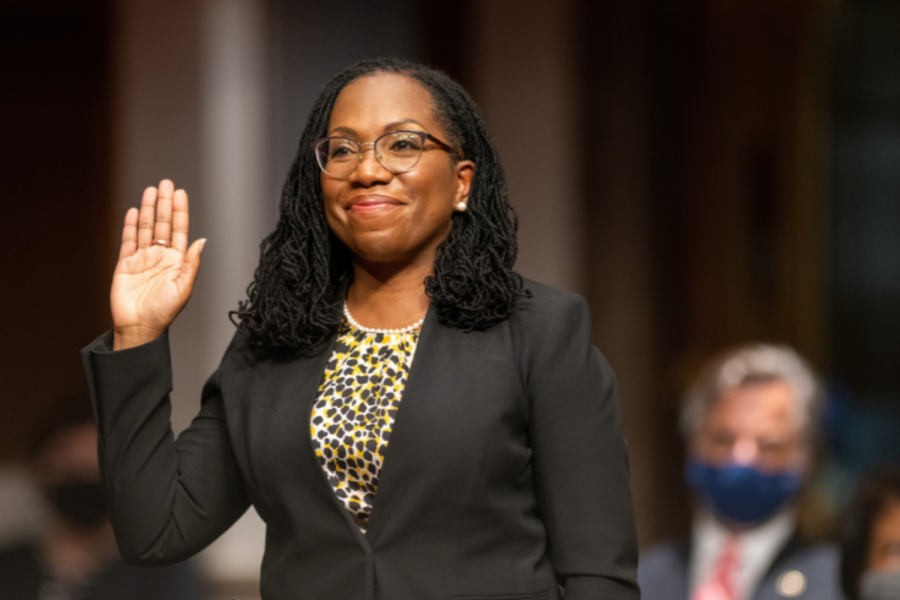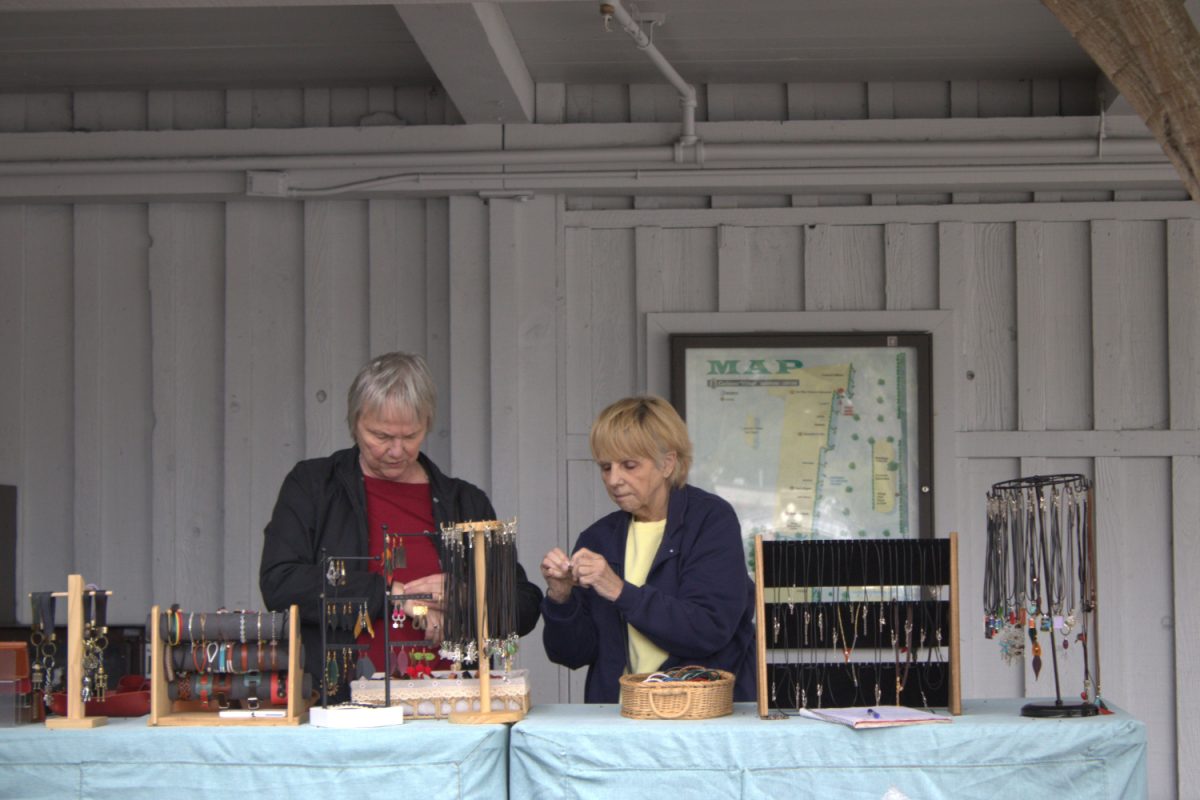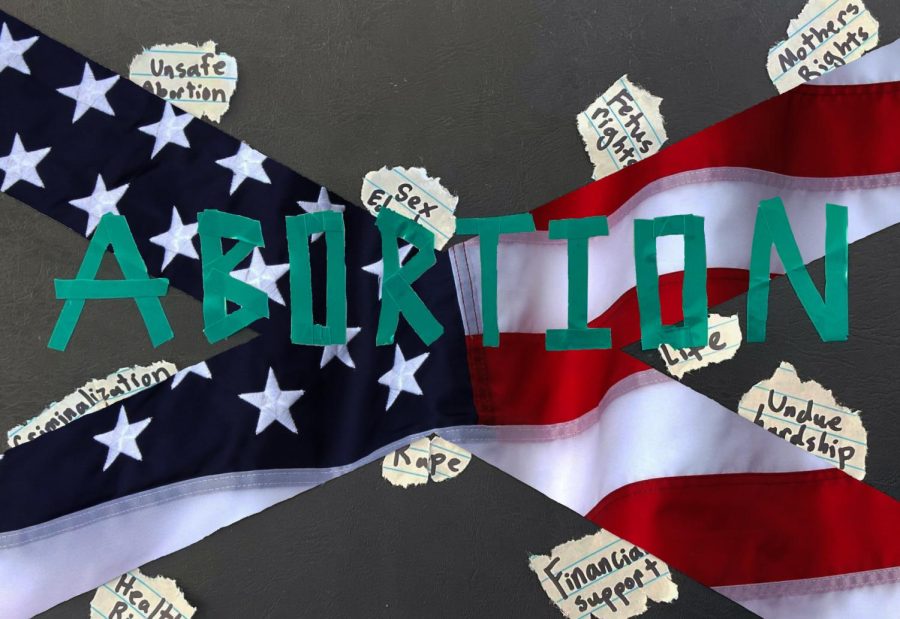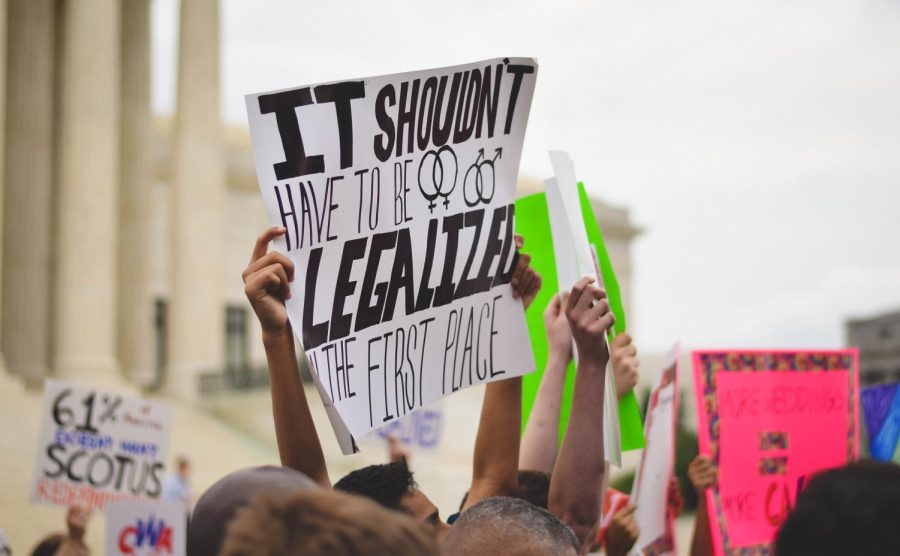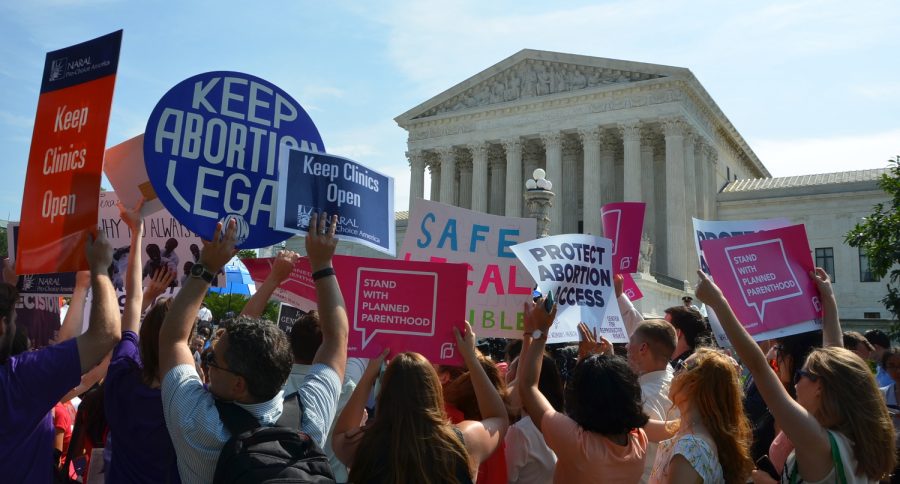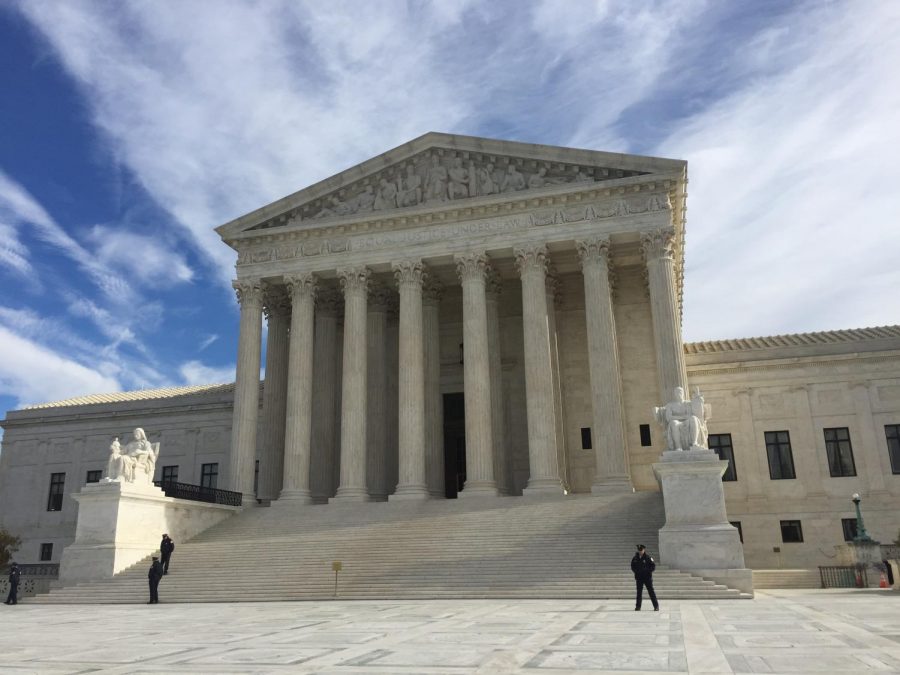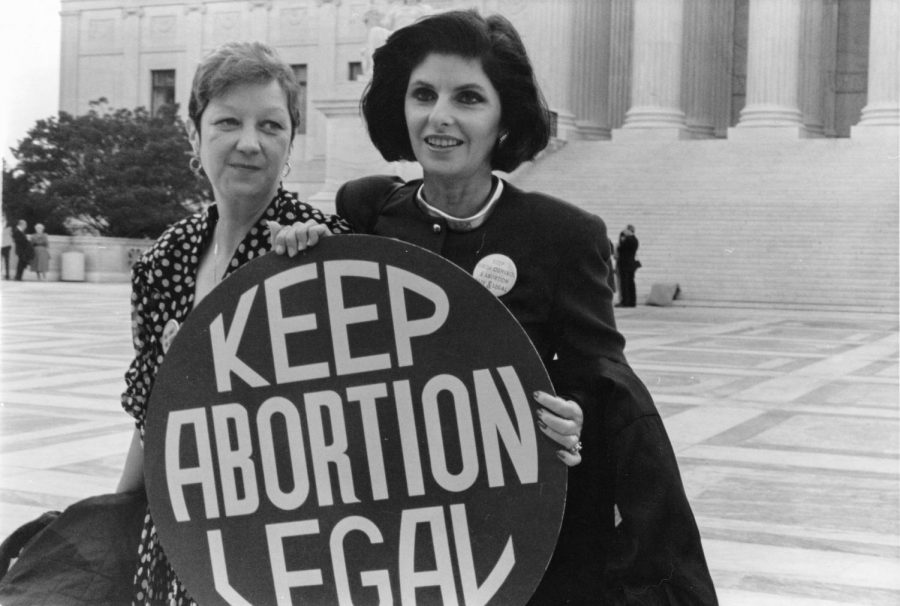Judge Ketanji Brown Jackson’s Supreme Court nomination was advanced with the Senate Judiciary Committee’s 53-47 procedural vote on April 4, allowing for a final confirmation vote to come later in the week.
Jackson made history as the first Black woman to be nominated to serve on the Supreme Court. If the Senate consents to the nomination, Jackson will become the 116th associate justice and replace Justice Stephen Breyer, who retired earlier this year.
“Jackson’s nomination is significant because it’s one of the few times that a person of color is given a position of power,” said Grace Zheng, a junior and member of Carlmont’s Mock Trial team. “It shows that the world is progressing in the right direction: towards more equality and representation.”
Both the executive and legislative branches have a say in forming the Supreme Court — the president has the power to nominate justices, while appointments are made with the Senate’s consent. About a month after being nominated by President Biden, Jackson spoke and faced questions from the Senate at her confirmation hearings, meetings held by the Senate to gather information on whether to approve or reject candidates.
During Jackson’s confirmation hearings, senators questioned her on various issues, including her qualifications, interpretation of the U.S. Constitution, and previous rulings. Maintaining professional composure while responding and having an education from Harvard University and Harvard Law School, Jackson presented her strengths and views in hopes of becoming a part of the Supreme Court.
Her judicial philosophy was a major concern for some Senate members. Having personal agendas and perspectives, many senators clashed with Jackson’s interpretation of the Constitution.
“My judicial philosophy is to approach all cases with professional integrity, meaning strict adherence to the rule of law, keeping an open mind, and deciding each issue in a transparent, straightforward manner, without bias or any preconceived notion of how the matter is going to turn out,” Jackson said in response to a written question.
Many past judges and justices did not have a definite judicial philosophy. People often have their own views on how justices should rule, differing based on their party affiliation, beliefs about a particular problem, or how they think the Constitution should be interpreted. Nevertheless, the law remains the basis for rulings.
“Justices in the appeal courts may rule as they see fit, according to the laws and their interpretations of the U.S. Constitution; the duty of a judge or justice is to make such decisions,” said David Gomez, a U.S. history teacher. “That’s their prerogative. I think it’s another great example of checks and balances.”
However, one’s understanding of the law may be influenced by experiences in one’s own life.
“I [believe] everyone’s ruling would also be based on personal experience,” Zheng said. “Jackson is a Black woman, so her background is probably different from a privileged white person. She’s going to have different morals and viewpoints on certain cases, but you still have to look at all the facts and evidence and how attorneys argue the case.”
While various backgrounds may worry some people, having different experiences can also lead to new opinions on issues, bringing more diversity and representation. With the responsibility to interpret the Constitution and apply it to laws, cases, and society, the Supreme Court ensures that all citizens have access to justice.
“The most important attribute of a judge is professional integrity, which includes reverence for the rule of law, total impartiality, and the ability to apply the law to the fairly-determined facts of the case without bias or any preconceived notion of how the case is supposed to turn out,” Jackson said. “Judges should convey respect in all of their interactions with the litigants and should ensure that the courtroom is a welcoming environment — one in which everyday citizens are encouraged to make their arguments to the best of their ability, and the presented claims are fully heard and fairly considered.”
Diverse representation appears to help create that welcoming environment.
“It is vital to have all sorts of diversity, such as race, gender, and class, to attempt to achieve the essence of democracy: the will of the people,” Gomez said. “This is particularly important for the U.S. Supreme Court and subordinate federal judges because they are “republican” institutions — not as in the Republican Party, but as a check on democracy because they are not elected and may act more on their own free will to make decisions as highly-educated elites.”
Historical “firsts” have taken place throughout history, many receiving bipartisan support. From Thurgood Marshall in 1967 as the first Black person on the Supreme Court to Sandra Day O’Connor as the first female justice in 1981, society has been taking steps toward achieving greater diversity.
Modern-day protests have been no different. Throughout the past few years, people have made themselves seen and heard to gain respect and representation for oppressed groups and individuals. Their efforts did not go unnoticed, as many changes, big and small, began occurring.
“We’ve seen a lot of surges in fighting for racial equality that spiraled into this big awakening for society to realize that we need to move in a direction that is making sure everyone’s voices are heard,” Zheng said. “[With more diversity in the Supreme Court], a lot of underrepresented communities can feel secure and safe with their justice system knowing that their views can be represented in court and that they’re not going to be forgotten about.”
Not only will everyone feel assured that they will be heard, but the diversity in courts would reflect the diversity of the American people. And to those young, aspiring individuals in society, Jackson gave an emotional reply on the third day of her confirmation hearings.
“I hope to inspire people to try to follow this path because I love this country, because I love the law, because I think it is important that we all invest in our future,” Jackson said. “And the young people are the future, so I want them to know that they can do and be anything.”

